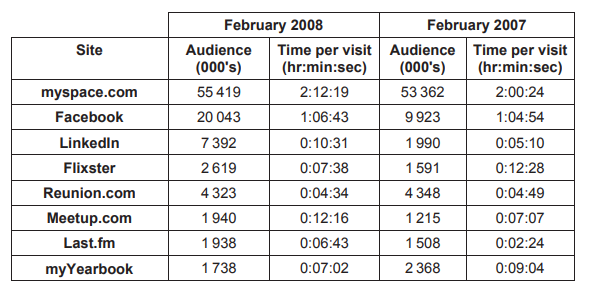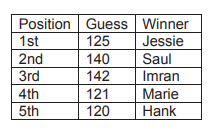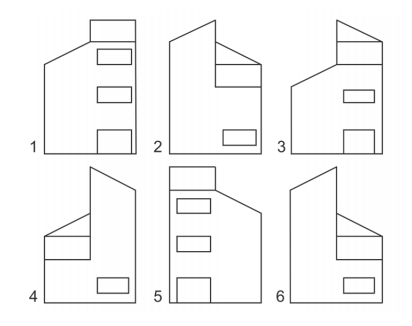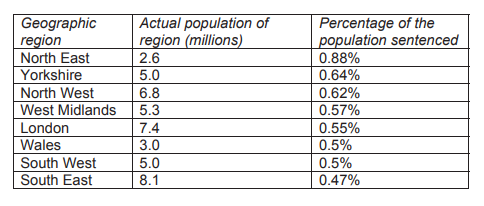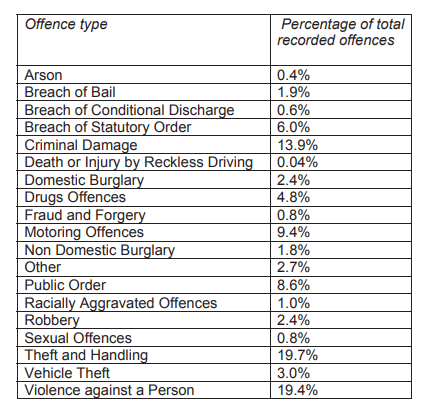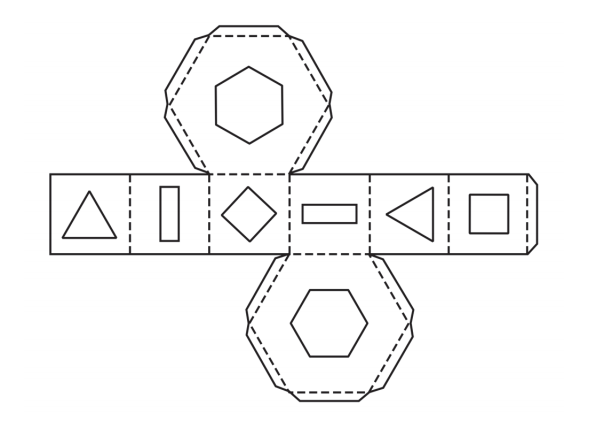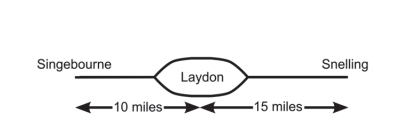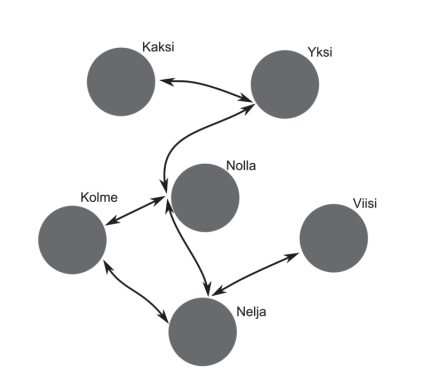A new research study shows that general anaesthesia increases the risk of developing dementia in later life by 35%, regardless of lifestyle. Research from France being presented at a conference of anaesthetists identifies postoperative cognitive dysfunction (POCD), a common delirium-like complication of major surgery in older people, as a likely cause of dementia that develops some years later.
The study examined the health of 9 294 people aged 65 or over in three French cities from 1999 in order to assess the risk of dementia and decline in cognitive function linked to vascular risk factors. Participants were checked two, four, seven and 10 years later. Each time the 7 008 patients originally without dementia were asked if they had had either a general or local anaesthetic since the last check-up. After two years, 2 309 (33%) had undergone one in that time, of which 1 333 (19%) were general and 948 (14%) local. In total 632 participants developed dementia over the eight-year follow-up period.
The statistical model used in the study suggests that if a smoker has undergone general anaesthesia then they have a 27% likelihood of developing dementia in later life, compared to a 19% likelihood for a non-smoker. These results further support previous research findings about the effects of smoking on health.
A summary of the findings, which are being unveiled at the annual meeting of the European Society of Anaesthesiology, states: “After adjustment, participants with at least one general anaesthesia over the follow-up had a 35% increased risk of developing a dementia compared with participants without anaesthesia.” That risk is for general anaesthesia, not all anaesthesia, they stressed.
Dr Sztark, one of the authors of the study, said that “[t]hese results are in favour of an increased risk for dementia several years after general anaesthesia.” Health professionals should, he said, be aware of the possibility of POCD when deciding how to manage elderly patients who are being fully anaesthetised.
Dementia organisations responded cautiously. Dr Eric Karran, director of research at Alzheimer’s Research UK, said: “This is early data and given the complexity of the findings we need to await the full peer-reviewed publication before fully interpreting the results. Research into the impact of anaesthetics on dementia is challenging because it can be very difficult to tease out cause and effect. Dementia is caused by several brain diseases, many of which arise from a complex mix of genetic and environmental factors.”
Dr Doug Brown, director of research at the Alzheimer’s Society, said: “The early results from this study support the view that anaesthesia may increase risk of developing dementia but questions still remain about why this is the case and whether other factors could also have a role to play.”
In the second to last paragraph Dr Karran says it can be “very difficult to tease out cause and effect”.
